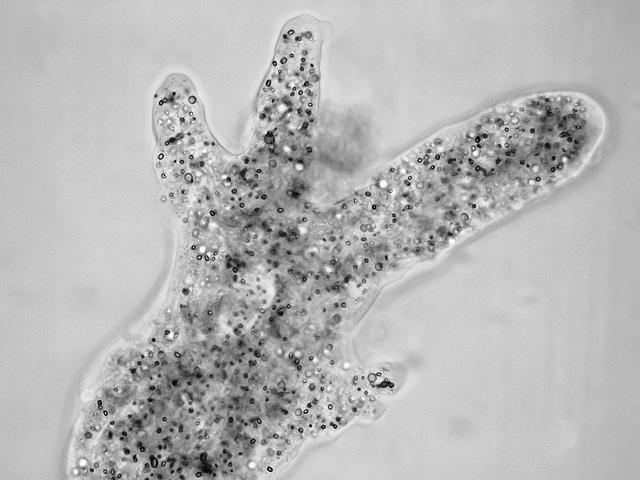
Section Branding
Header Content
CDC: Brain-Eating Amoeba Rare
Primary Content

A brain-destroying amoeba is being blamed for three recent deaths in southern states. But health officials say infections are rare – and it’s been five years since the last reported case in Georgia.
The parasite – Naegleria fowleri (pronounced nigh-GLEER-ee-uh FOWL-er-eye) -- thrives in warm, freshwater lakes, ponds and rivers.
“What happens as the water warms up, the amoeba proliferates and you can find it in greater concentrations in the water, and that appears to be the times at which infection occurs,” said Jonathan Yoder, an epidemiologist at the Centers for Disease Control and Prevention.
Yoder said warm is generally above 80 degrees, thought there is no specific temperature that triggers the growth.
The amoeba enters the body through the nose, travels to the brain, and leads to a meningitis-like infection that’s almost always deadly. The CDC knows of 120 cases over the years and only one patient survived, back in 1978.
Yoder said there are precautions you can take when swimming.
“Not diving down to the bottom of water, not jumping into water, and possibly even holding your nose or using nose clips might reduce the risks by not having so much water forced up the nose,” Yoder said. “We do think it’s a very rare exposure, but the outcome is tragic.”
Tags: CDC, Centers for Disease Control and Prevention, brain-eating amoeba, meningitis, amoeba
